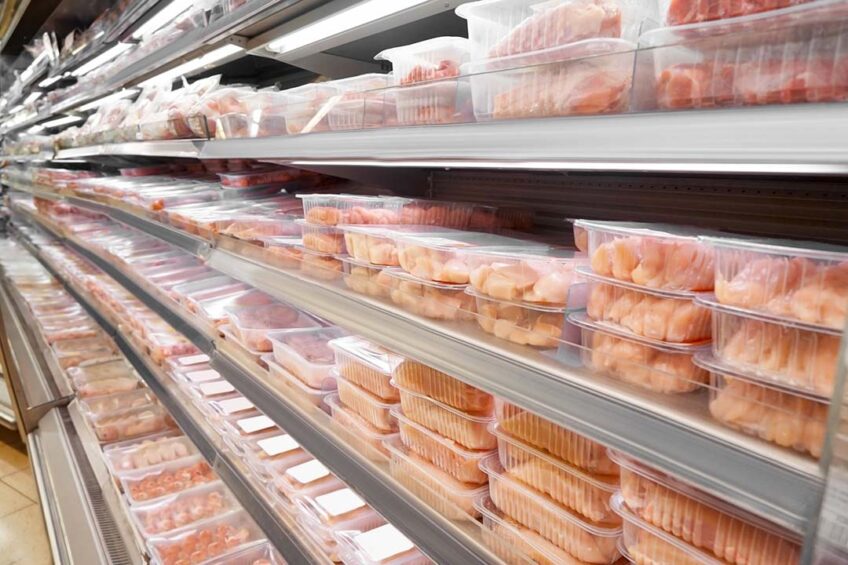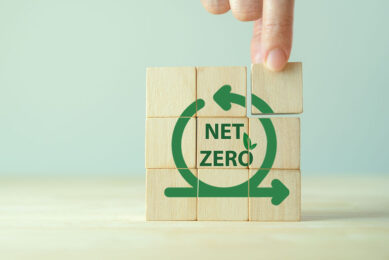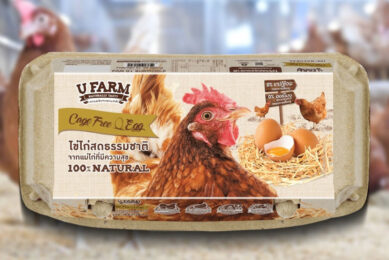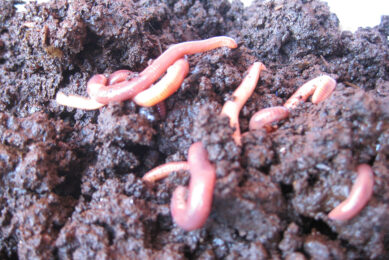Making carbon foot printing poultry products a reality

UK poultry producer Avara Foods has been playing a key role in a decision by food retailers, restaurants and the British Retail Consortium to adopt a standard way of calculating the lifetime carbon footprint of their products.
Avara Foods has been supporting the initiative, providing data to make foot printing poultry products a reality, leading to the consortium announcing shortly before Christmas that it would be utilising the Mondra platform – an AI-driven environmental insights platform enabling a commercially prosperous net zero food system.
In 2022, the group needed a poultry business with reliable date to form part of the pilot group, and Avara had been developing and refining its own carbon footprints covering its operations, the wider supply chain and establishing science-based targets for carbon emission reduction.
Packs on a shelf or items on a menu
Behind the scenes of the project, Avara has been sharing the information to help several retailers establish the true carbon footprint of individual products – whether that’s packs on a shelf or items on a menu. The project will provide the means to monitor, improve and communicate the environmental performance of products, enabling effective measurement and management of Scope 3 emissions, which cover all the emissions, not with the company itself, but that the organisation is indirectly responsible for, up and down its value chain.
It could also help identify opportunities for the various parts of the product supply chains to connect and drive further reductions. Avara has found that it can reduce its own carbon footprint, but bringing down carbon emissions throughout the supply chain requires collaboration and partnership, beginning with reliable data.
“Given that total emissions from food are estimated to be around 30% of global greenhouse gas emissions, there is a significant opportunity to make a tangible difference,” said the company.
Andrew Brodie, Avara Foods Sustainability director, said playing a leading role in the project was a great way of putting the firm’s own net zero plans into action and collaborating on a practical solution: “Avara is delighted to be part of the BRC Mondra coalition, as taking our carbon footprint data to a product level, whether that’s a product for a retailer or for food service, is a huge step forward in accuracy from where we are today.
“This greater level of detail creates the opportunity to work with our customers on benchmarking our performance and identifying significant reductions in line with our shared science-based targets and net zero commitment.”
Brodie said being chosen as the first poultry business to take part was testament to the firm’s growing reputation as a business that took sustainability seriously, and that it was known for accurate, reliable data and intelligent insight.
Founders
The BRC Mondra coalition also includes Tesco, Marks and Spencer, Starbucks, Nando’s and WWF as founders of the new industry standards and platform.
Marks and Spencer Food head of Sustainability said: “Working in collaboration with industry-leading organisations and NGO partners allows us to address the single biggest challenge we all face in terms of carbon reduction, which is scope 3 GHG emissions. It will not only support wider industry change but enhance our progress on our Plan A roadmap to net zero.”
Ahead of the December Conference of the Parties (COP28), investor network the FAIRR Initiative, reported that 20 of the largest meat and dairy producers globally had seen their greenhouse gas emissions rise by 3.28% from 2022-3 despite an increased transparency over the disclosure of Scope 3 emissions. FAIRR’s analysis showed that 8 (40%) of the top 20 companies now publicly report their Scope 3 emissions, including Danone, Almarai, Saputo, JBS, Tyson Food and WH Group.













